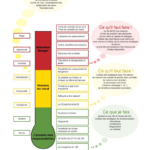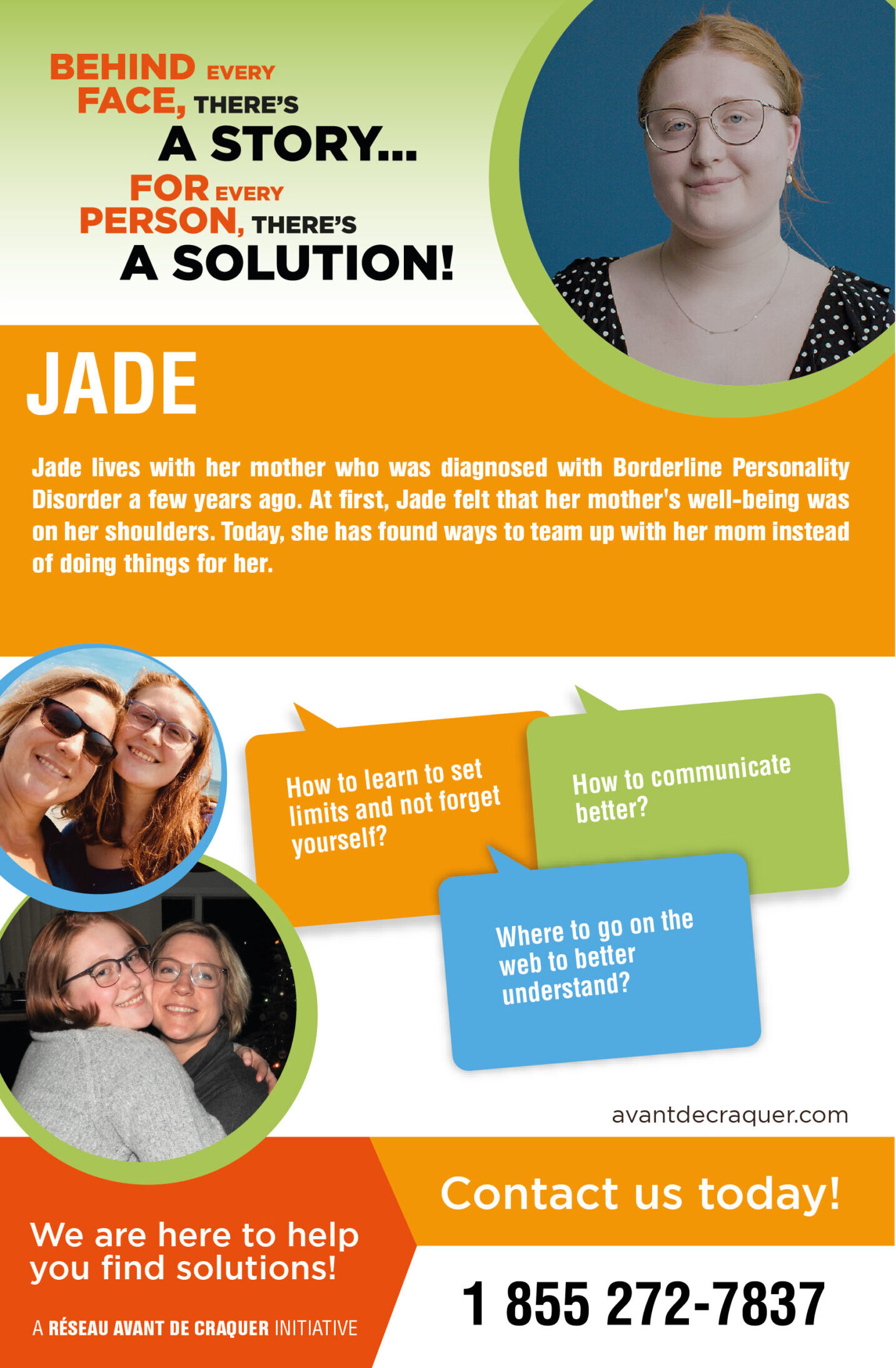Complementary contents
See moreRelated tags
Frequently Asked Questions
Since finding out about my loved one's illness, I have assumed a lot of responsibility to avoid overwhelming other family members. Did I make the right decision?
Despite the fact that you would like to protect everyone you love from the effects of the illness, it is impossible to do so. You should approach the problem as you would have before your loved one’s illness by involving all those concerned by the decision. Those who are most affected by the situation should have the opportunity to express themselves in the search for solutions.
Could something I said or did have caused or advanced the mental illness of my loved one?
You should look at mental health problems as you would physical health problems and recognize that they are phenomenons over which you have you have little control. Mental illness cannot be caused by one individual factor. It is the result of many factors, and you are not not responsible for what happened.
My loved one saw a psychiatrist following their hospitalization. They were diagnosed and prescribed medication. They are doing much better. When will they be able to resume their activities?
The answer to this question differs from one individual to another. Diagnosis and medication are just the beginning of the affected person’s recovery process. They may be unable to regain the same level of functioning. The care team can help identify realistic expectations regarding their recovery. The team may not be able to predict the course of the illness or have the answers to all your questions.
After several years of roller coasters, I think I have accepted the reality of my loved one's mental illness, but I am saddened when I think that they may not be able to hold a steady job or start a family. How can I overcome this sadness?
People who suffer from a mental health disorder, like those living with a chronic physical illness, need to find meaning in their lives. They must come to terms with unfulfilled expectations and a life different from the one they had imagined. It is important to verify if they really are sad or if this is your interpretation of their emotions. Often, two people who witness the same event will give very different accounts of it. The same phenomenon happens when you examine someone else’s life. You see things you would consider unacceptable in your life, whereas the other person may find them to be enriching.
It is not uncommon for someone who has been on a roller coaster for years to recover enough to hold a steady job and start a family.
Since learning of my loved one's mental illness, my life has been upended. How can I get it back on track?
Each person will react differently to this news, depending on their life experiences. The emotions experienced (anger, sadness, guilt, etc.) will be expressed differently according to several factors, including age, education, gender, life experience, etc.
In order to navigate this new situation, it is important to allow all loved ones to recognize that they are experiencing a loss and that this leads to new concerns and emotions. These losses often need to be grieved. To move forward, these losses will need to be identified and their resulting emotions expressed.









